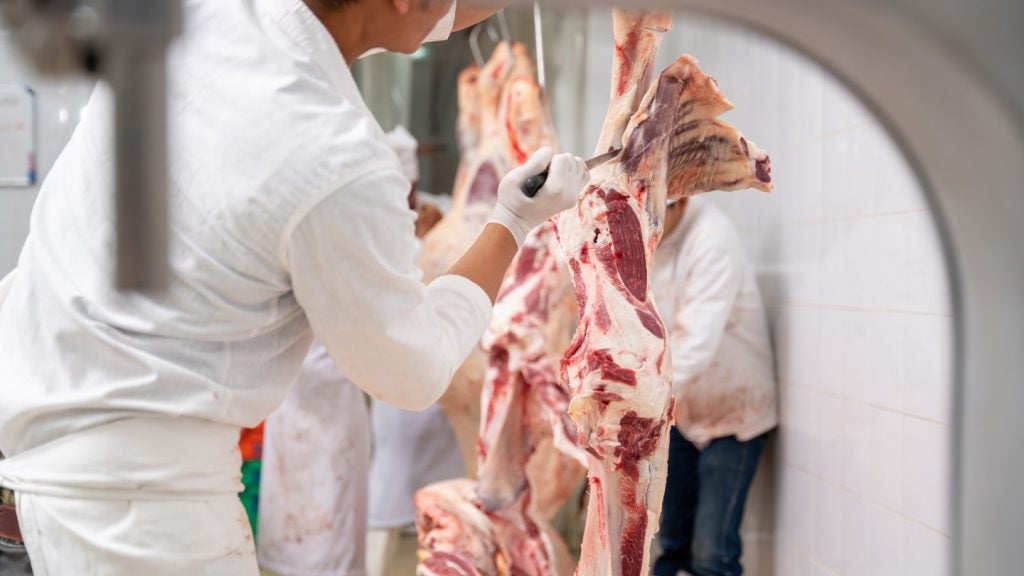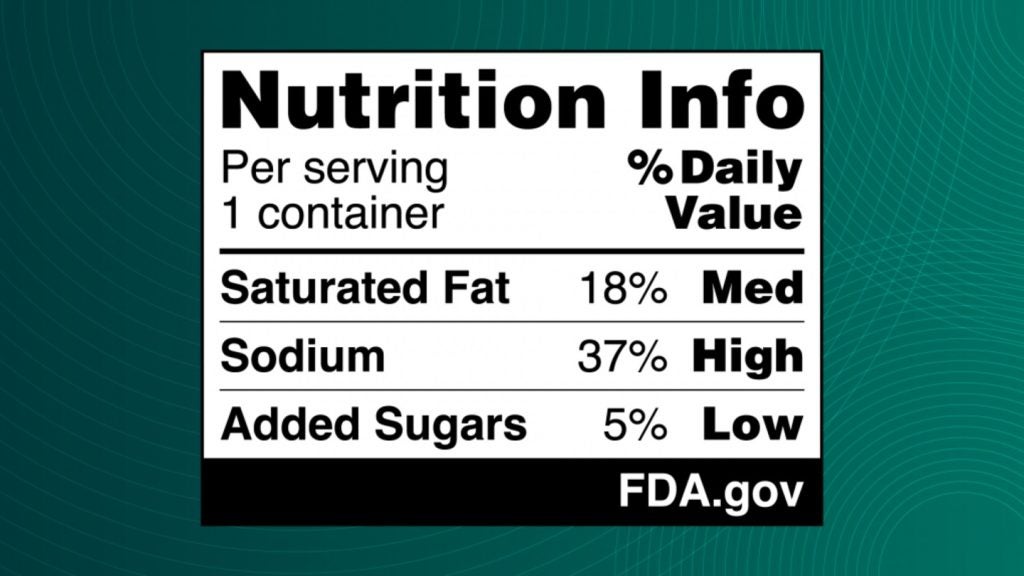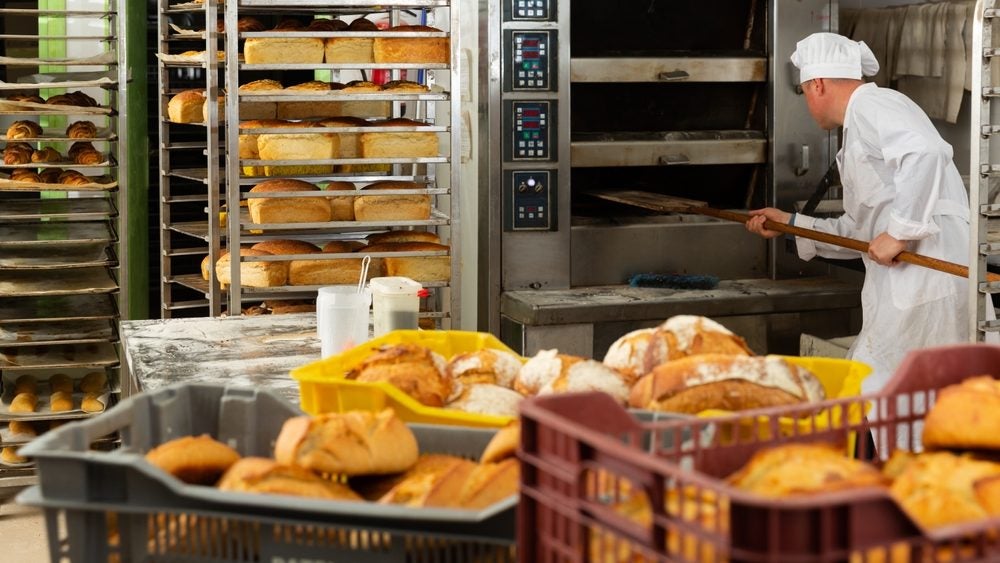The UK and South Korea have banned the import of meat products from Germany, along with certain dairy items, following the first detection of foot-and-mouth disease in the EU member state since 1988.
Ireland is expected to follow suit.
The case was detected in Germany on Friday (10 January), traced to water buffalo in Brandenburg, near Berlin, the country’s agriculture ministry has confirmed, as local authorities seek to contain the outbreak.
South Korea has reportedly taken the move to ban imports of pork from Germany, effective from last Saturday, according to the South China Morning Post (SCMP).
The publication quoted the Asian country’s agriculture ministry as saying tests were being conducted on German pork products delivered to South Korea since 27 December, while 360 tonnes of pork from the EU trade bloc member were undergoing quarantine testing.
In the UK, meanwhile, the Department for Environment, Food and Rural Affairs (Defra) confirmed the ban on German meat imports in a statement yesterday (13 January).
The ban includes meat from so-called ungulates, generally classified as animals with hooves, and which would encompass pork, beef, sheep and goat meat imports, as well as wild game.
Defra said milk, “colostrum and their products” would also feature in the ban, along with animal by-products “unless treated to effectively mitigate the risk of FMD”.
EU-member state Ireland has also suggested it may follow the moves by the UK and South Korea.
Ireland’s Department of Agriculture, Food and the Marine said it was “taking action” to support local livestock following the FMD outbreak in Germany.
“Ireland’s controls to prevent FMD include strict prohibitions on the imports of animals and animal products from countries in which FMD is present; a comprehensive veterinary surveillance system to detect unusual disease outbreaks; and active follow up and veterinary investigation of any suspects reports,” the Department explained in a statement.
However, it added that “no animals susceptible to FMD (that is, cattle, sheep, pigs) have been imported into Ireland from Germany since 1 November 2024”.
The head of Germany’s agriculture ministry, in statement acknowledging the discovery of FMD, said the government would seek to mitigate any restrictions on meat exports to countries outside the EU trade bloc.
“In the EU internal market, trade from foot-and-mouth disease-free areas is still possible in Germany - the so-called regionalisation,” Cem Özdemir, Germany’s Minister of Food and Agriculture, said in a statement yesterday.
Özdemir added: “When it comes to trade with third countries, we are doing everything we can to quickly make it possible to export to as many markets as possible.
“To this end, we are in contact with our trading partners and advocate for restrictions on blocking, consideration of secure processing methods and the principle of regionalisation.”
The minister stressed a determination to “quickly push back the virus in order to protect animals and minimise damage to our agriculture and food industry”, adding that Brandenburg “is stopping the transport of susceptible animals and products”.
Danish Crown, one of Europe’s largest pork processors and exporters with operations in Germany, said it was too soon to weigh up any possible impact on its business from the FMD outbreak and the import bans imposed.
Per Fischer Larsen, the senior vice president for sales at the Denmark-headquartered company, said the UK’s “decision came as a surprise to all market participants”.
It was assumed the UK would react to the FMD detection in Germany as if it was still a member of the EU and continue to allow meat imports under the bloc’s regionalisation policy, Danish Crown said.
“This means massive quantities of meat now need to find new pathways across Europe," Larsen said in a statement. “The flow of meat and goods across Europe has been turned upside down overnight.”
Danish Crown must now ensure that any meat products exported to the UK do not “contain German raw materials, regardless of whether the products are salted, smoked, or heat-treated”, the statement pointed out.
The company confirmed it operates one pig abattoir and two cattle abattoirs in Germany as Danish Crown considers the potential impact on what it said were “minor” exports outside the EU to “some Asian and North American countries, which have now been halted”.
Finn Klostermann, the CEO of Danish Crown’s beef division, added: “It's far too early to estimate how much this will cost us in lost revenue. Right now, our focus is on managing the situation and ensuring the continued efficient operation of our two German slaughterhouses.”
















